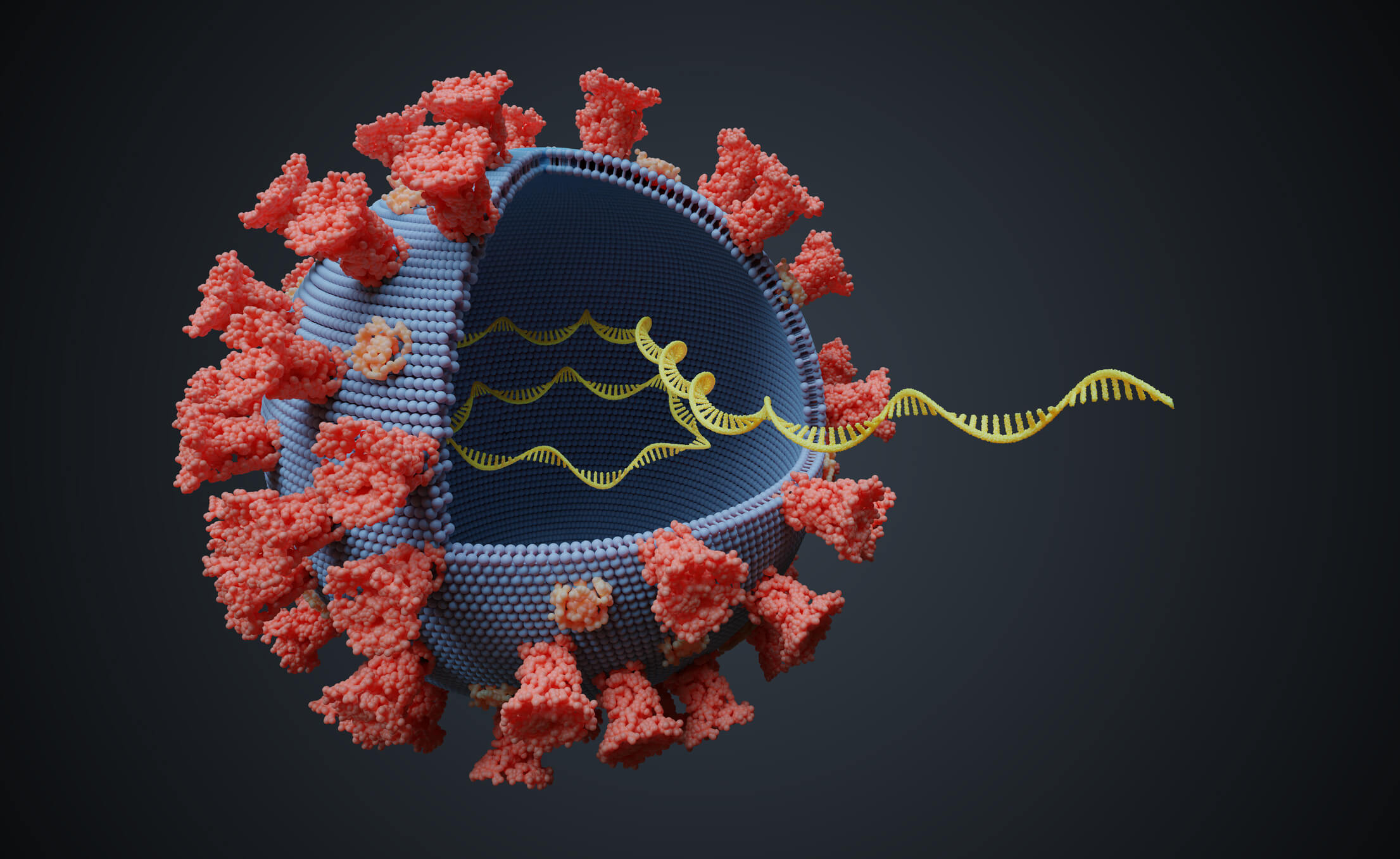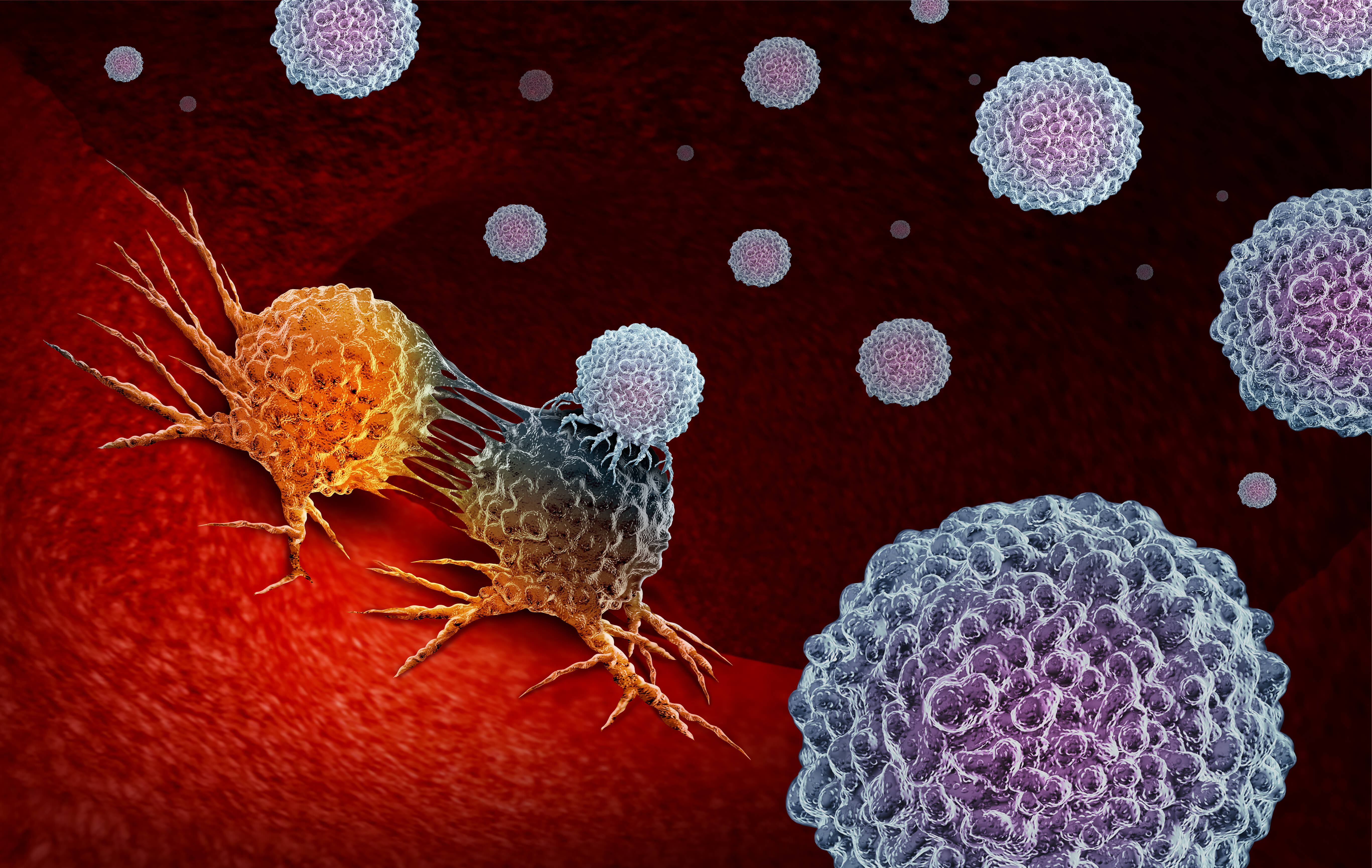Les grands moments du NGS en 2020

La communauté NGS a assisté à une formidable collaboration en 2020 dans la lutte contre le COVID-19. Des milliers d’articles évalués par des pairs ont été publiés sur le coronavirus, et plus de 45 000 séquences ont été soumises à GenBank. Twist Bioscience a lancé des contrôles de l’ARN synthétique du SARS-CoV-2 et un panel d’enrichissement de cibles pour NGS pour la détection virale chez les patients atteints du COVID-19. Oxford Nanopore, MGI et Illumina ont fait des progrès considérables dans la technologie du séquençage, notamment en augmentant la précision et l’efficacité tout en réduisant les coûts pour les chercheurs. La première étude de cas portant sur l’inversion inédite du diabète de type 1 grâce au séquençage de l’exome entier a été publiée. Voici quelques-uns des faits marquants de cette année 2020 très riche en événements :
La formidable mobilisation pour trouver un remède à la pandémie de COVID-19
Researchers around the world are collaborating in extraordinary ways to tackle the COVID-19 pandemic. Roughly 4% of the world’s research output was focused on the coronavirus, with over 100 000 published articles. The number of sequences submitted to GenBank grew exponentially, with over 45 000 submitted sequences. At the beginning of the pandemic, papers focused on the spread, outcomes, diagnostics, and testing. As the year went on, the shift focused to mental health research related to the virus.
In addition, over 300 COVID-19 in vitro diagnostic kits have had Emergency Use Authorization (EUA) approvals, spanning over 9 kinds of technology including antigen lateral flow, real-time reverse transcriptase polymerase chain reaction (qRT-PCR), electrochemiluminescence immunoassays (ECLIAs), enzyme linked immunosorbent assays (ELISAs), and many more. EUAs allow the Food and Drug Administration (FDA) to strengthen public health protection against threats by facilitating the availability of medical countermeasures (MCMs) needed during emergencies.

Twist Bioscience lance des contrôles synthétiques pour le test COVID-19
On March 12th, 2020, Twist Bioscience announced the availability of two synthetic SARS-CoV-2 RNA controls. These controls provide quality control for the development, verification, and validation of diagnostic tests including next-generation sequencing (NGS) and RT-PCR for COVID-19. The two controls cover the full SARS-CoV-2 viral genome and are sequence-verified. The FDA added the Twist controls as reference materials to their website on March 25th, 2020.
Quatre jours seulement après avoir présenté les deux contrôles synthétiques de l’ARN du SARS-CoV-2, Twist Bioscience a fait connaître la mise à disposition d’un panel d’enrichissement de cibles pour NGS pour la détection et la caractérisation virales des patients dont le test de dépistage du SARS-CoV-2 est positif. Ces panels sont conçus pour être utilisés pour des tests de contrôle et de surveillance de l’environnement tout en apportant des informations sur les séquences pour suivre l’évolution virale. Grâce à leur plateforme de synthèse d’ADN à base de silicone exclusive, associée à un enrichissement ciblé à travers des sondes d’hybridation à base d’ADN, les panels NGS de Twist Bioscience permettent une identification spécifique et à haut débit des infections à partir d’échantillons sanguins, nasaux et fécaux. Ces outils d’enrichissement ciblé ont permis de détecter spécifiquement le SARS-CoV-2 dans le métro de New York tout en filtrant d’autres matériels génétiques, ce qui a permis d’obtenir des résultats de séquençage plus efficaces et plus fiables.
En réponse rapide à une nouvelle souche plus transmissible circulant au Royaume-Uni et en Afrique du Sud en décembre, Twist Bioscience fait appel à sa technologie de synthèse de plateforme et à son infrastructure pour proposer un contrôle supplémentaire permettant de détecter ce variant spécifique.
Oxford Nanopore atteint une précision de 99,1 % avec PromethION
During the 2020 Nanopore Community Meeting earlier this month, Oxford Nanopore revealed a few key advances in sequencing technology. First, their large-scale, long-read, direct DNA and RNA sequencing platform, PromethION, reached a record 99,1% modal single-read accuracy using improved sequencing chemistry, high-accuracy variant calling tools, and automation options at scale. Second, updates to their new analysis algorithm, Bonito CRF, have shown 98,3% single-read accuracy, which is corroborated by customer reports. These updates also improved structural variation accuracy to 96% with only 30X coverage. Single nucleotide polymorphism accuracy also reached 99,92%. Third, Oxford Nanopore collaborated with Hamilton and Opentrons to provide automation solutions for high-throughput projects or everyday workflows such as library preparation or liquid handling.
MGI et Illumina proposent des plates-formes de séquençage économiquement abordables
In February during the Advances in Genome Biology and Technology annual meeting, MGI announced the DNBSeq Tx “extreme throughput” sequencing platform, able to produce human genomes for only $100 in consumables costs. This platform consists of several components that spatially uncouples fluidics from imaging and uses large open slides instead of flow cells to carry the DNA nanoball arrays. It has an output of 70 terabases per run and has a runtime of 3,5 days and can process up to eight independent slides, each of which can produce data for up to 150 human genomes at 30X coverage. However, there are some caveats. In the US, the DNBSeq Tx platform will only run with the antibody-based CoolMPS sequencing chemistry. MGI has also not determined a list price. Lastly, MGI is currently in litigation disputes with Illumina, who was granted preliminary injunction for two patent lawsuits.
In August, Illumina announced the NovaSeqTM 6000 v1.5 Reagent Kit, making whole-genome sequencing more accessible and affordable. With only a $600 price tag, labs can now perform single-cell genomics, whole-genome sequencing, and liquid biopsy with flexibility and accuracy at scale. This kit has been enhanced to include improved quality specification score (Q30 scores upwards of 85% for read lengths up to 2x150bp), fully supported unique molecular identifiers, extended shelf life (six months instead of the previous three months), and support for new library prep kits and assays such as the Illumina DNA PCR-Free Prep Kit.
Illumina rachète GRAIL pour 8 milliards de dollars
After filing to go public, GRAIL, a healthcare company focused on early cancer detection, was acquired by Illumina for $8 billion in cash and stock. This acquisition adds a multidisciplinary team to address NGS, population-scale clinical studies, and machine learning to multi-cancer screening, with earlier detection and better outcomes. GRAIL has been making progress on its GalleriTM multi-cancer screening test using methylation signatures in cell-free DNA. This technology will be used for broadly available blood-based cancer screening that will make detection more effective and cheaper. GalleriTM is expected to launch in 2021.

Guardant Health et Foundation Medicine engagés dans une bataille judiciaire sur la technologie de la biopsie liquide
Guardant Health, a leading precision oncology company, received FDA approval for its Guardant360® CDx, a liquid biopsy and NGS platform that uses high-throughput tumor profiling on blood to provide genetic information about a patient’s tumor in just seven days. The approval is for identifying epidermal growth factor receptor (EGFR) mutations in patients who might benefit from TAGRISSO (osimertinib), an FDA- approved therapy for metastatic non-small cell lung cancer (NSCLC). This less-invasive method for comprehensive genomic profiling moves beyond limitations of tissue specimens and provides better assessment of tumor composition, making it easier to identify problematic mutations in 55 tumor genes simultaneously.
In November, Guardant filed a lawsuit against Foundation Medicine, owned by Roche, for infringing on seven patents related to liquid biopsy. Foundation received FDA approval for its FoundationOne® Liquid CDx pan-tumor liquid biopsy test in August. This platform also uses a simple blood draw to analyze over 300 genes and genomic signatures for all solid tumor cancers. Because of the COVID-19 pandemic, the patent infringement jury trial will be on hold until March 2021.
La médecine de précision par séquençage de l’exome inverse le diabète de type 1
In their correspondence to the editor of The New England Journal of Medicine, Chaimowitz et al. describe a case study of a 17-year-old boy with type 1 diabetes (T1DM). Whole-exome sequencing revealed a pathogenic heterozygous gain-of-function mutation in STAT1, a transcriptional activator involved in cell survival or pathogen response. L’export nucléaire de STAT1 peut être régulé par l’activité kinase de JAK1. Le patient a été traité par le ruxolitinib, un inhibiteur de JAK1/2, qui a pu inverser son DT1. Le patient a pu réduire les doses d’insuline et finalement arrêter complètement les doses un an après avoir commencé le ruxolitinib et presque deux ans après avoir été diagnostiqué avec le DT1. Cette étude de cas est la première à démontrer l’inversion du DT1 en raison d’une mutation de STAT1. Il s’agit de la première étude de cas démontrant l’inversion du DT1 due à une mutation STAT1.
With all of these new technologies in NGS diagnostics and treatment, the NGS industry will be riding a wave of momentum going into 2021! Twist is proud to support the scientific community with robust tools for NGS analysis.
Qu’en pensez-vous ?
J’aime
bien
Je n’aime pas
J’aime beaucoup
Je suis surpris(e)
C’est intéressant
